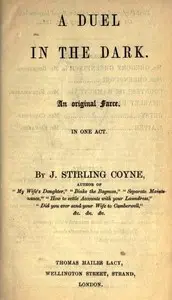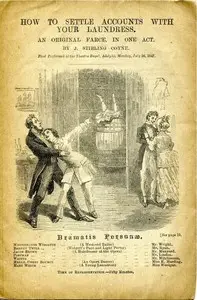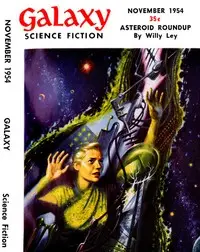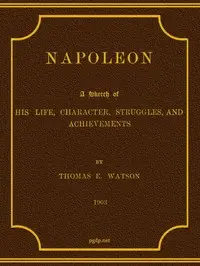"What Will They Say at Brompton? A Comedetta, in One Act" by J. Stirling Coyne is a light-hearted comedic play written in the mid-19th century, likely during the Victorian era. This one-act play revolves around themes of love, mistaken identities, and the humorous predicaments that arise from travel mishaps. The story juxtaposes domestic life with adventures abroad, largely exploring the consequences of social expectations and matrimonial norms. The narrative follows Samuel Todd, who, while preparing for a trip to the Continent with his wife, Laura, finds himself embroiled in a series of comedic misadventures. After a series of misunderstandings, he mistakenly believes he has two wives—his actual wife, Laura, and a peasant girl named Marietta whom he accidentally ends up enamored with during his travels. As he navigates threats from brigands and the mistaken belief of his own infidelity, humor ensues through witty dialogue and absurd situations. Ultimately, Todd's comical journey leads him to a humorous conclusion about love, fidelity, and the absurdities of travel, all while questioning societal perceptions, particularly of what people might think back at their home in Brompton. (This is an automatically generated summary.)
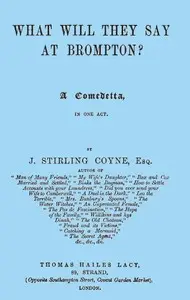
What will they say at Brompton? A Comedetta, in One Act.
By J. Stirling (Joseph Stirling) Coyne
"What Will They Say at Brompton? A Comedetta, in One Act" by J. Stirling Coyne is a light-hearted comedic play written in the mid-19th century, likely...
Joseph Stirling Coyne (1803–1868) was a humorist and satirist in the tradition of Jonathan Swift and Alexander Pope. One of the most prolific British playwrights of the mid-nineteenth century, he wrote more than sixty plays; his twenty-seven farces are surpassed in number only by John Maddison Morton's ninety-one and T. J. Williams's thirty. Coyne brought to the stage accomplished comedic interchanges, puns, irony, exaggerated character traits, ludicrous plot situations, and surprising outcomes. His plays reveal a deft ear for dialogue and an ability to create characters suited to the talents of specific actors. As a journalist Coyne contributed humorous pieces to many widely circulated journals and newspapers.

